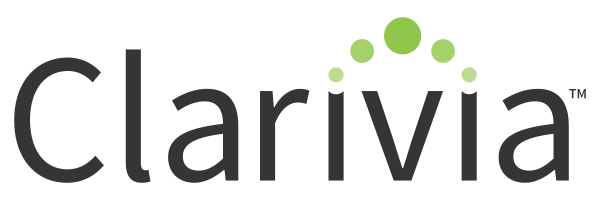Freedom
“Without freedom, creativity cannot flourish. The right to freedom is crucial to progress in any society; and the context is having a sense of Global Responsibility.”
— His Holiness The Dalaï Lama
Freedom is a deeply rooted value in how we live our lives in Western societies. It is a critical right at the foundation of our democracies. It is one of the keys to creativity and innovation. This is a fundamental value and I hear it in a lot of my coaching conversations. People are fighting for the right to be free everywhere in the world. But what does it mean to be free?
It seems that it is often misunderstood as “the right to do whatever I want.” That could work if we were alone in the world, but as Aristotle writes: “Man is a social animal. He who lives without society is either a beast or God. Thus, man is by nature a social animal. He is born in society lives in society and dies in society. Society is indispensable for man. Man cannot live as man, without society. Isolation from society is regarded as a punishment.”
The current pandemic has highlighted how isolation is detrimental for all of us. A society could not survive if all its members simply did whatever they wanted. In fact, in the first article of the Universal Declaration of rights, freedom is defined in its first article as “All human beings are born free and equal in dignity and rights. They are endowed with reason and conscience and should act towards one another in a spirit of brotherhood.”
Freedom without the duties and responsibilities that go with it would be a wild beast. In its article 29, the Universal Declaration of rights stipulates that “Everyone has duties to the community in which alone the free and full development of his personality is possible.”
In essence, freedom is not a license to do whatever comes to mind. It reminds me of my daughter’s Montessori school. Yes, she has a lot of freedom, but she must complete all her work. She is free within a structure to explore, learn and create topics that draw her interest.
As a leader of my life and as a coach, I cannot live and lead by doing what I want. Freedom as a license is how Camus describes slavery in The Myth of Sisyphus: “Slaves in Antiquity didn’t belong to themselves, but they knew this freedom of not feeling responsible.”
If I pushed my responsibilities on someone else or maybe even on future generations, I would give someone else power over me. I would live in a space, where I would not have any control, no power, and anything happening to me would be someone else’s fault, whether it is another fellow human, my company, the government or even any spiritual being. It is as if I had no part in what is happening. This comes from a victim’s mindset. No leadership can happen there. No inspiration, no innovation, no courage.
Leaders, who want to inspire need to embrace all of it: freedom and accountability. What I do and what I say has consequences on others. This means that I can have a positive impact on others, but I need to be aware and mindful. My words have the power to both hurt and inspire. I want to spread positive feelings and ideas. This means that my freedom needs to be checked against my other values and beliefs.
The ability to imagine and create a vision, to inspire others to share this vision, to align resources and people around it is all based on the notion of freedom. Freedom does not have to be limited, but there must be a strong structure formed by ethics and values as well as an understanding of what I put in the world. I do not want to limit my freedom, but I want to ensure that when I use this privilege I do it respecting who I want to be in the world.
As we are still in the middle of a pandemic, a unique opportunity lies in front of us. Entire economies will need to be rebuilt; our systems need to be re-thought. “Never waste a good crisis” said Winston Churchill. Where we put our attention now will define what our future will look like. We have the capacity to influence how we want our world to look like. This is an invitation for all individuals, leaders, politicians to ask the right questions. What am I consuming (food but also media)? How am I showing up? What am I putting on the market? What policies am I pushing for? Who does it serve? What impact will it have on the environment, on people, on employees, on other countries?
Now is the time to use our freedom in a conscious and responsible way. I want to finish on this quote by Peter Marshall: “May we think of freedom, not as the right to do as we please, but as the opportunity to do what is right.” What does this mean for each one of us? What actions will I take to ensure that my freedom is the source of positive changes in the world?



